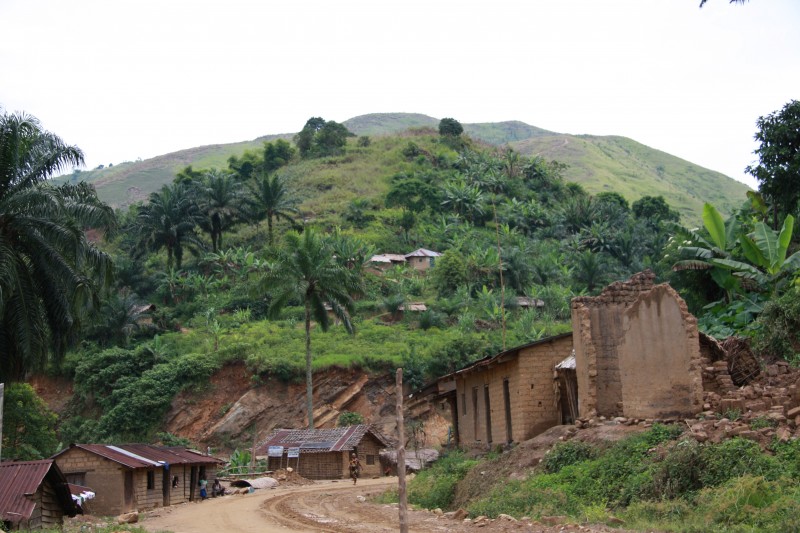Aid workers become targets

A new report shows a frightening spike in attacks on aid workers. Last year, 260 were killed, kidnapped, or seriously injured. That’s almost a four-fold increase since 1998 when 69 were attacked. Among those killed, the figure has more than tripled since 1998 with 122 workers losing their lives in 2008.
Numbers always have a remoteness to them—until they describe a part of your life.
These numbers do.
I travel a fair amount for Oxfam, reporting on its work in some of the most troubled places on earth. I don’t dwell on the dangers because I trust the steps Oxfam takes to keep us safe.
But danger can be random, rearing up bleary-eyed and gun-toting—like it did one day last year when I was in the eastern provinces of the Democratic Republic of Congo. We were there to talk with villagers about the hardships years of conflict have showered on their communities—the poverty, the sexual violence, the extortion at the hands of roaming soldiers.
As we pulled into one small village, inching along the rutted road, a man with blood-shot eyes and liquor on his breath lurched up to our truck, a gun slung over his shoulder –a menacing warning. Was he a soldier? We weren’t quite sure, but we knew this much: guns and drink can make an explosive mix. It felt dangerous—and as though everything was grinding into the slow motion ache of a bad dream.
The man demanded a ride. When we told him that it was against our rules he started to argue with the driver, who also happened to be the chief of a village in South Kivu. The chief kept his cool, and it struck me that this was probably not the first time he had to talk his way–so artfully–past a belligerent. I was grateful to be in his hands.
The moment passed, and we drove on—free.
I think about that moment from time to time, remembering the tinge of fear. Whether it was founded or not, I can’t say. But one of the underlying messages of this new report does frighten me. And this time, the fear is justified. It says that in the most insecure contexts, attacks on aid workers were increasingly politically motivated, reflecting a broad targeting of the aid enterprise as a whole.
Targeted violence; politically motivated: That changes the equation for aid workers entirely.
To me, it feels like going to war.